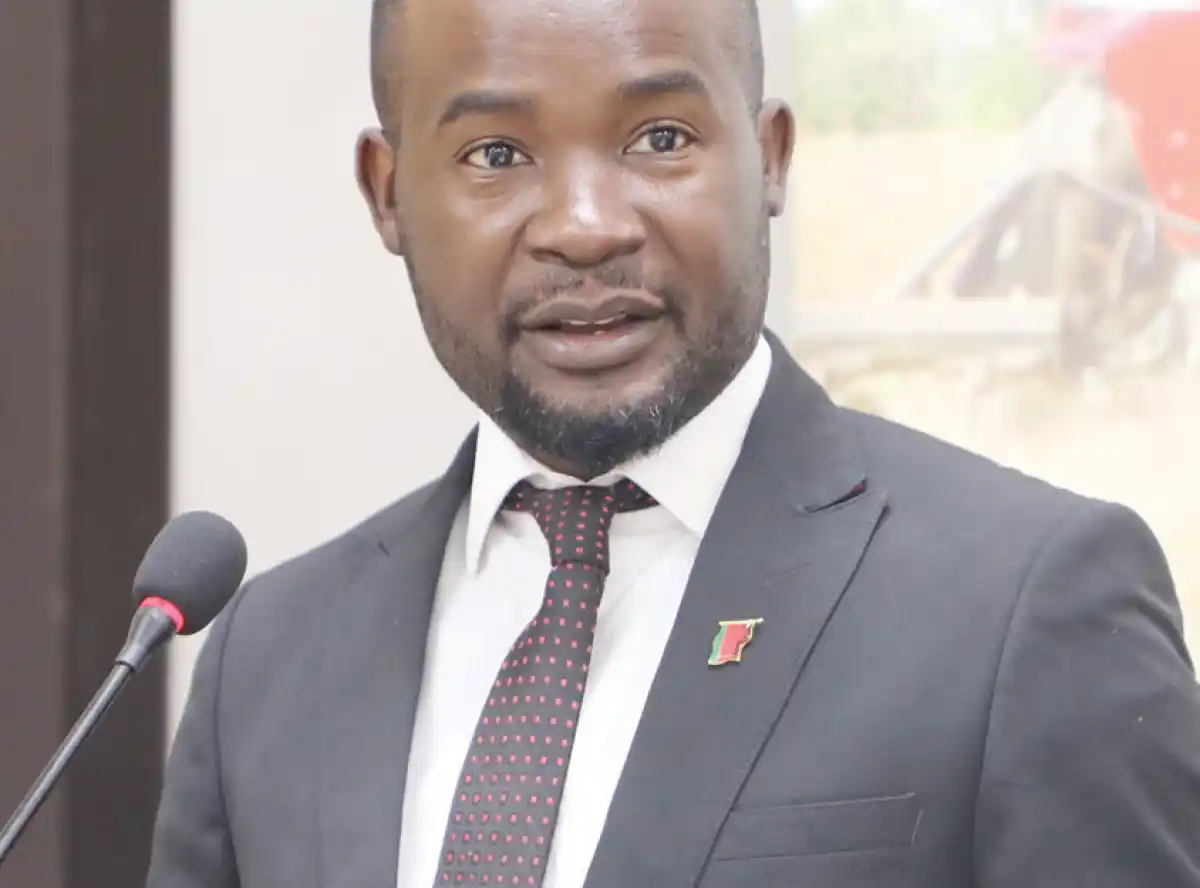
By Nelson Chituwa:
Minister of Trade and Industry Sosten Gwengwe has reiterated that Malawi needs to work on improving its export base to grow its economy.
Gwengwe said that, in line with the industrialisation pillar in the country’s long-term development plan dubbed Malawi 2023, agricultural produce must have its value added right here in the country.
He added that it does not make sense to continue exporting raw materials in the form of produce, which later return to the country and are sold at exorbitant prices.
Gwengwe made these comments on Tuesday in Blantyre, where Agriculture Commercialisation (Agcom) II programme officials engaged off-takers, aggregators, processors and anchor farms working with smallholder farmers.
The aim of the deliberations was for participants to understand how they can access matching grants from Agcom II, the successor to Agcom I, to boost their businesses and increase exports while also enhancing purchases from producers.
“We are endeavouring to promote value addition in our predominantly agrarian economy through agro-processing so that we only import products like cars and electronics, which we currently lack the capacity to produce locally.
“For instance, it is nonsensical to import large quantities of peanut butter when we can produce it in bulk right here. Therefore, Agcom II is assisting local farmers alongside processors,” Gwengwe said.
He added that investments aimed at improving local processing capacity would be possible with support from Agcom II in the form of grants to small and medium enterprises (SMEs).
The minister also highlighted that local SMEs would have the opportunity to create jobs and export once they scale up their production.
Meanwhile, Agcom National Coordinator Teddie Nakhumwa has said the second phase of the programme, focusing on food systems resilience, builds on the successes of its predecessor.
He explained that while the initial project concentrated on the supply side by supporting producer organisations, the current phase ensures that off-takers also access grants to enhance their enterprises.
“In fact, as the off-takers expand their businesses, they will also increase demand from producers. Besides large-scale off-takers, we aim to bolster SMEs so they can boost exports and bring foreign exchange into the country,” Nakhumwa said.

Mphatso Jumbe, chief executive officer of Blantyre- based Mafe Dairy, expressed eagerness to secure a grant under Agcom II.
She recalled that during the year-long electricity crisis resulting from damage to Kapichira Hydropower Station in January 2022, her business suffered as she struggled to preserve milk.
“I look forward to accessing grants to increase my production capacity. I manage the entire value chain and support farmers by purchasing milk from them and training them in best dairy farming practices,” Jumbe said.
Over 200 people from various agricultural enterprises, farmer groups, financial institutions and officials from ministries of Trade and Industry and Agriculture participated in the discussions.
Agcom II is supported by a $250 million grant from the World Bank and a $15 million grant from the Global Agriculture and Food Security Programme.
Malawi’s trade balance—the difference between the value of its exports and imports of goods—soared to -$2.17 billion in 2023, according to the latest figures from the International Trade Centre.
The data indicate that Malawi exported goods valued at $965 million while imports amounted to $3.14 billion in 2023.








0 Comments